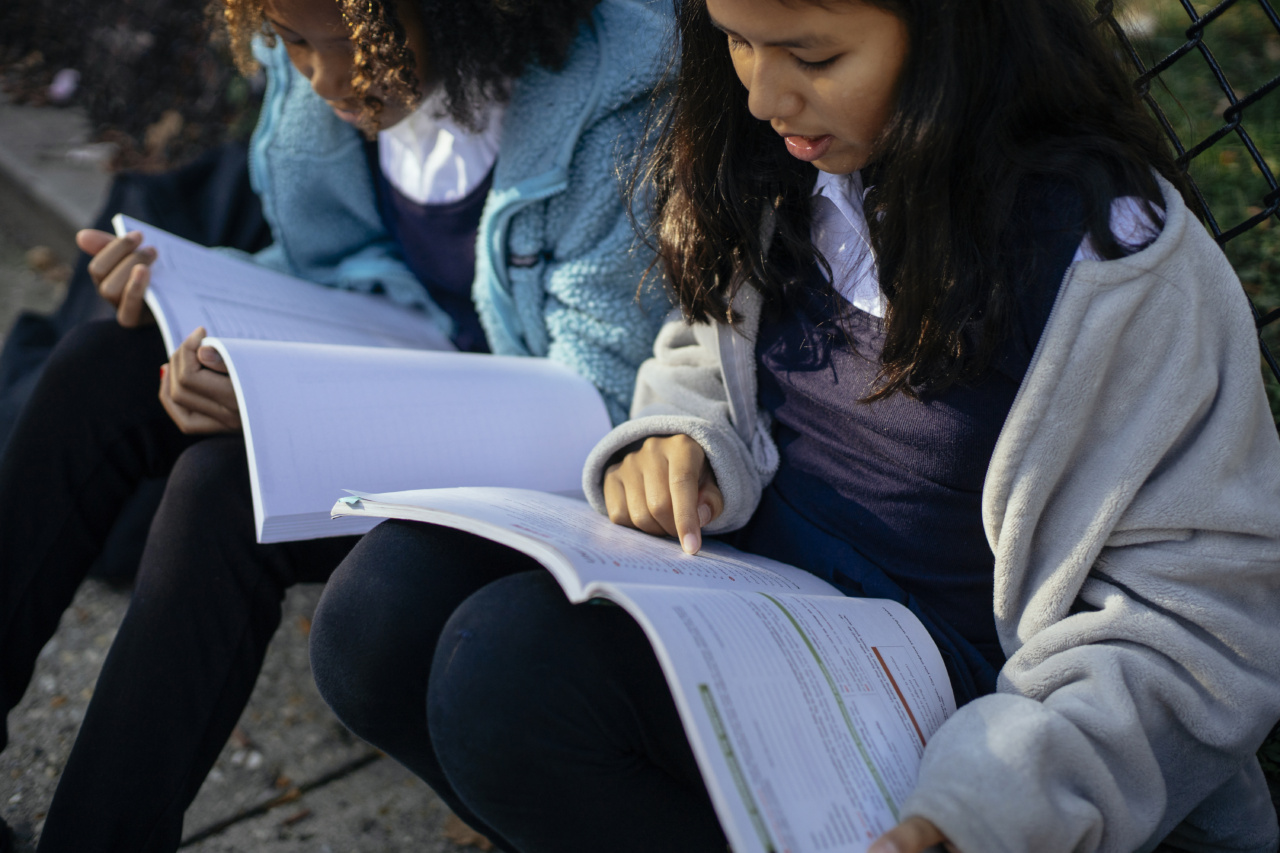High street noise is one of the most significant sources of noise pollution in urban areas.
Although it may not seem severe, prolonged exposure to high street noise can lead to several health problems such as hearing loss, stress, cardiovascular problems, sleep disturbances, and cognitive deficits. The impact of high street noise on cognitive abilities, especially in elementary school students, is a concern for parents and teachers.
Effects of High Street Noise on Learning
Studies have shown that the noise level in classrooms and schools affects a child’s cognitive performance and academic achievement.
High street noise can interrupt the attention and focus required for learning, reduce short-term memory and recall ability, and decrease cognitive processing speed and accuracy. The cognitive deficits affect not only the student’s academic performance but also the behavioral and socio-emotional aspects of their life.
Effects of Noise Disturbance on Sleep
Sleep is an essential part of a child’s life and a crucial contributor to their cognitive, emotional, and physical development.
Exposure to high street noise at night can interfere with a child’s sleep, reducing the quality and quantity of their sleep. Sleep disturbance can lead to several negative consequences such as mood changes, stress, irritability, decreased attention span, and memory problems.
Ways to Reduce High Street Noise
Reducing high street noise around schools is essential to maintain a healthy learning environment for students. Here are some effective ways of minimizing street noise:.
1. Noise Barrier Fences
Noise barrier fences can reduce the noise entering the school premises. Installing noise barrier fences made of sound-absorbing materials such as foam or fiberboard can absorb sound waves, reducing noise levels by up to 10 decibels.
This method not only minimizes street noise but also provides a visual barrier between the street and the school.
2. Soundproof Windows
Soundproof windows can reduce sound transmission into the school building. Windows made of double or triple-pane glass can reduce noise levels by up to 75%.
Installing soundproof curtains or blinds can further reduce the noise levels and provide shading to the rooms.
3. Landscaping and Greenery
Landscaping and greenery around schools can also reduce street noise levels. Plants and trees can absorb sound waves and reduce noise levels by up to 5 decibels, depending on the density of vegetation.
4. Traffic Management
Reducing traffic volume around schools and controlling vehicle speed can also decrease street noise levels. Introducing speed bumps, crossings, and traffic signals can control traffic speed, improve safety, and reduce noise levels.
Conclusion
High street noise can adversely affect elementary students’ cognitive abilities and academic performance. It can also disturb their sleep and lead to several health problems.
Therefore, it is essential to take effective measures to reduce street noise, such as soundproofing, landscaping, and traffic management, to maintain a healthy learning environment for students.





























